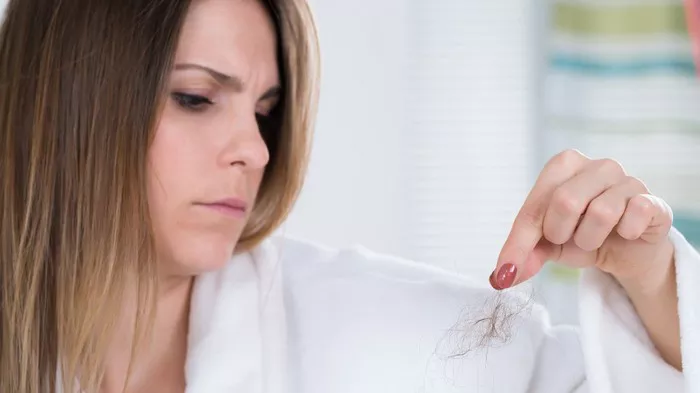Anesthesia is a critical component of many medical procedures, providing patients with comfort and pain relief during surgery. However, one unexpected concern that can arise is hair fall after undergoing anesthesia. In this comprehensive guide, we aim to shed light on the link between anesthesia and hair loss, explore the factors involved, and offer insights into how to manage this phenomenon effectively.
1. Anesthesia Types and Hair Loss: A Closer Look
To understand why anesthesia may lead to hair fall, it’s essential to delve into the different types of anesthesia.
a. General Anesthesia: This type of anesthesia induces a state of unconsciousness during surgery. The administration of general anesthesia can lead to physiological stress, which may indirectly contribute to hair fall.
b. Local Anesthesia: Local anesthesia is used for specific regions of the body, minimizing the risk of systemic stress. Hair loss associated with local anesthesia is often less significant.
2. The Impact of Surgical Stress on Hair Loss
Hair loss following anesthesia is often attributed to the stress that surgical procedures place on the body.
a. Telogen Effluvium: Surgical stress can trigger a condition known as telogen effluvium, where a significant number of hair follicles enter the telogen (resting) phase simultaneously. This can result in noticeable hair fall within a few months after surgery.
b. Cortisol Levels: Surgery and anesthesia can lead to an increase in cortisol levels, which are stress hormones. Elevated cortisol levels can contribute to hair loss by disrupting the normal hair growth cycle.
c. Nutrient Absorption: Anesthesia may affect the body’s ability to absorb nutrients effectively, as it can lead to digestive issues. This can indirectly impact hair health, as nutrients are essential for hair growth.
3. Preoperative and Postoperative Hair Care Strategies
While hair loss associated with anesthesia is often temporary, there are strategies to minimize its impact.
a. Nutritional Supplements: Consult with your healthcare provider about taking supplements, such as biotin, zinc, and iron, to support hair health before and after surgery.
b. Gentle Hair Care: Avoid harsh hair treatments and consider using sulfate-free shampoos and conditioners to minimize hair damage.
c. Scalp Massage: Massaging the scalp can help improve blood circulation and promote hair health. You can use natural oils like coconut or jojoba oil for added nourishment.
4. Hair Loss and Anesthesia: When to Seek Medical Advice
While anesthesia-related hair loss is often temporary, it’s essential to recognize when to seek medical advice.
a. Prolonged Hair Loss: If hair loss persists for an extended period after surgery, it’s advisable to consult a healthcare professional. This may be a sign of an underlying issue.
b. Patchy Hair Loss: Patchy hair loss, or alopecia areata, can sometimes be triggered by stress, including surgical stress. A dermatologist can provide guidance on treatment options.
5. Anesthesia and Hair Loss in Perspective
It’s important to remember that hair loss related to anesthesia is usually a minor and temporary side effect in the grand scheme of surgical procedures.
a. Hair Regrowth: In most cases, the hair that falls out due to anesthesia-related stress will regrow within several months to a year.
b. Emotional Support: Experiencing hair loss can be emotionally distressing for some individuals. Seek support from friends, family, or a mental health professional if needed.
See Also: Why Does My Hair Fall Out When I Brush It: A Full Guide
Conclusion: Managing Anesthesia-Related Hair Loss
In conclusion, while hair loss may occur following anesthesia, it is usually temporary and linked to the physiological stress experienced during surgery. The good news is that, in most cases, hair regrows once the body has recovered from the stress. However, it’s essential to take proactive measures, such as nutritional supplements and gentle hair care, to support hair health during this recovery period. Remember that hair loss is just one aspect of the surgical process, and the primary goal is your overall well-being and health.


